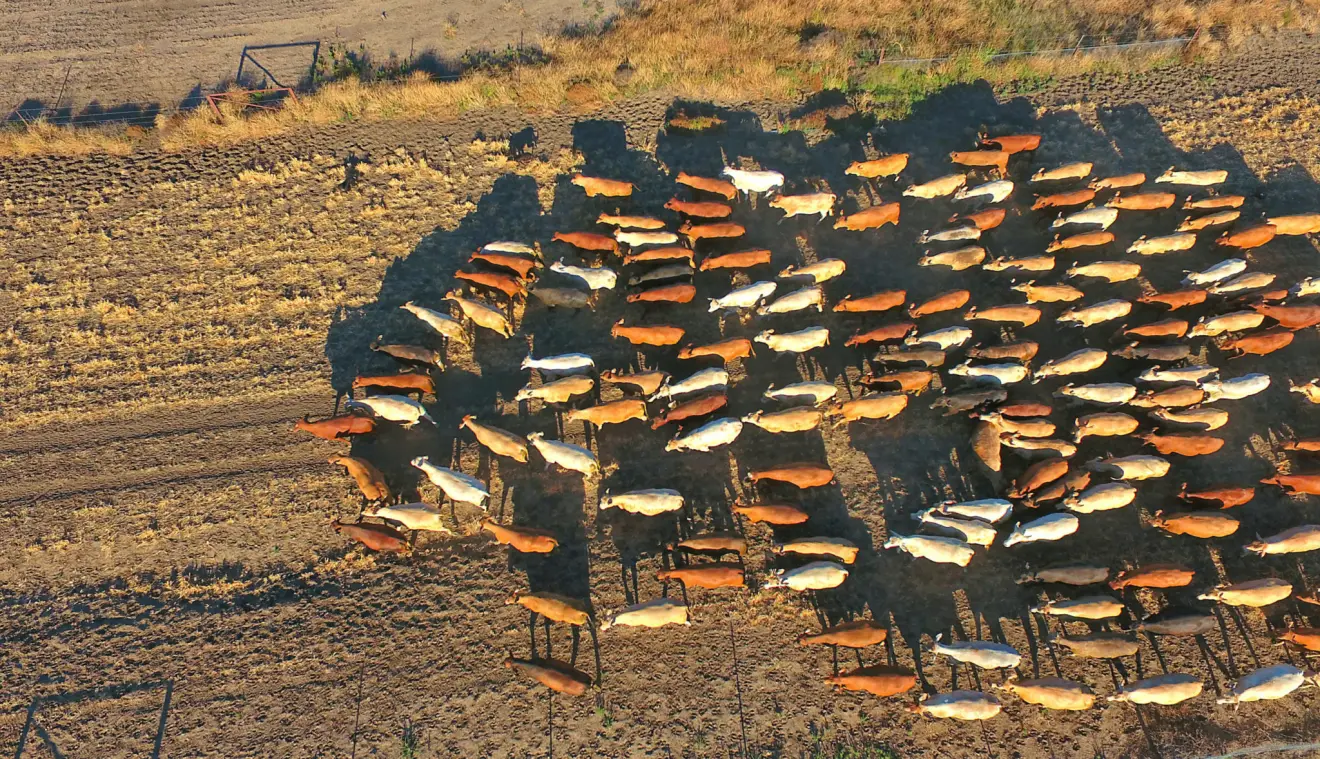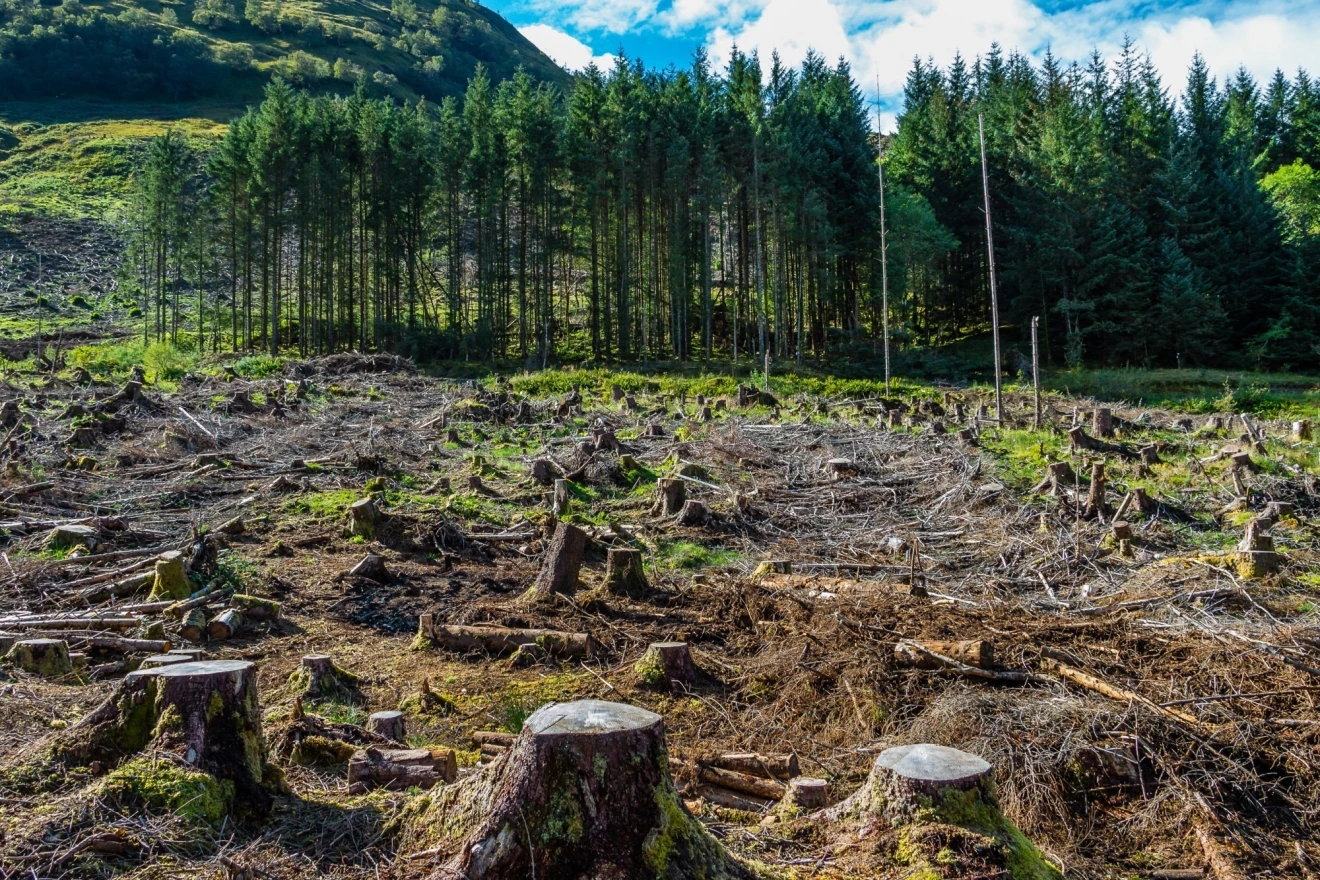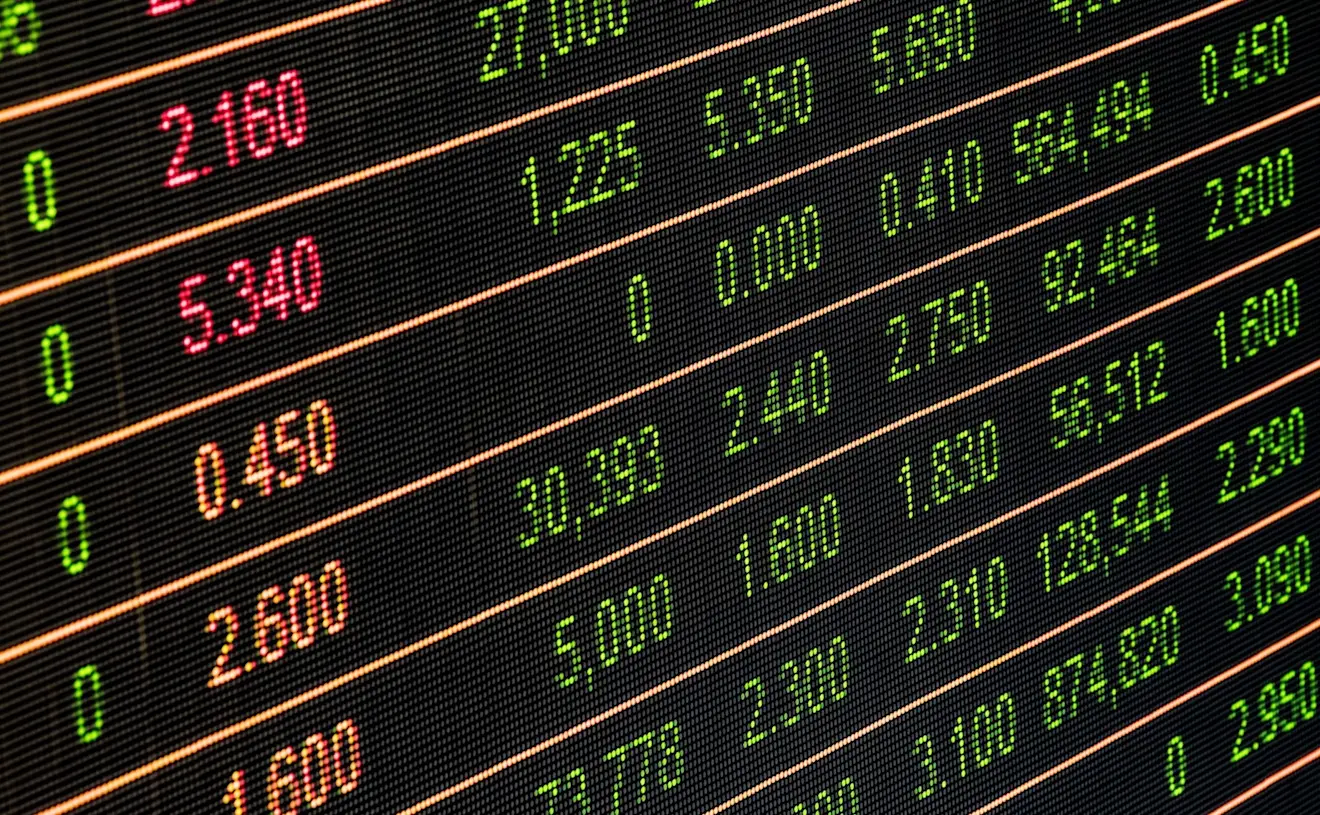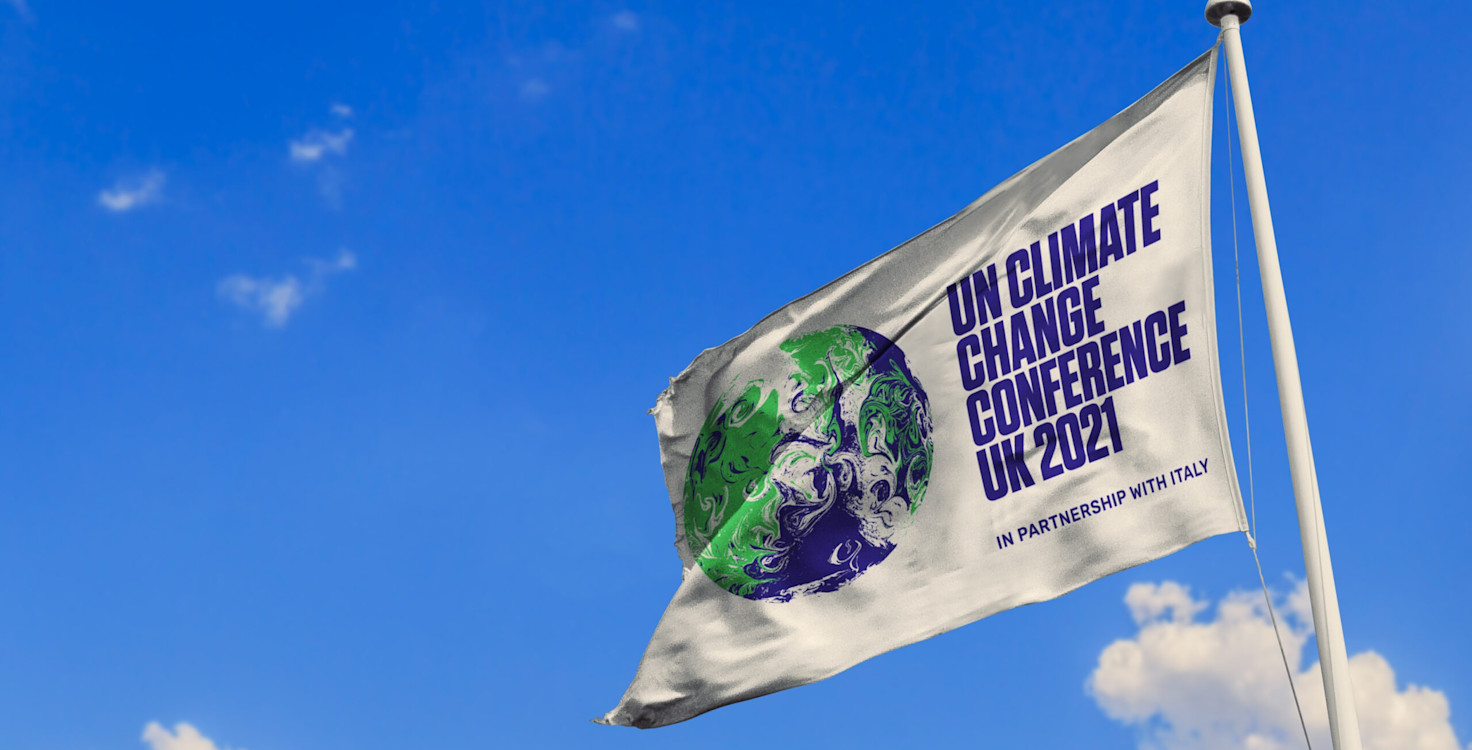The FAIRR initiative has been active at COP26, highlighting the importance of making food systems more resilient and sustainable to mitigate the most material risks in the field. On 9 November, we launched our investor statement calling for G20 governments to disclose agricultural emission reduction targets, which is now backed by investors with nearly $12 trillion in AUM.
This blog post summarises the key policy announcements from COP26 on the topics of agriculture, methane, deforestation and financial regulation.
Agricultural Innovation

The ‘Glasgow Breakthrough Agenda’ on innovation has been endorsed by 40 nations, with agriculture being featured as one of the five breakthrough areas. The initiative could create 20 million new jobs globally and add more than $16 trillion in economic benefits
This year, the COP26 Presidency, World Bank, and Just Rural Transition have been working with dozens of countries and civil society organisations to build support for a Policy Action Agenda for a Just Transition to Sustainable Food and Agriculture. Sixteen countries supported the ‘Policy Action Agenda’, setting out pathways and actions that countries can take to repurpose public policies and support food and agriculture. Endorsing countries include the UK, Vietnam, Colombia, Costa Rica, Ethiopia, Germany, Madagascar, Morocco, Netherlands, New Zealand, Nigeria, Philippines, Sierra Leone, Spain, Switzerland, UAE and Peru (endorsement came through after COP26).
Similarly, more than 160 stakeholders joined a “Global Agenda for Innovation in Agriculture” to lead the way on the global transition towards climate-resilient food systems. The first flurry of policies include:
Brazil’s plans to scale its ABC+ low carbon farming programme to 72 million mitigating one billion tonnes of emissions by 2030.
Germany’s plans to lower emissions from land use by 25 million tonnes by 2030.
The UK’s aim to engage 75% of farmers in low-carbon practices by 2030.
The World Economic Forum (WEF) is launching a new initiative to help 100 million farmers access education, funding and innovations to decarbonise and restore nature.
AIM4C—an initiative led by the US and the UAE, and supported by more than 30 countries—committed to accelerating innovation in sustainable agriculture after garnering $4 billion in increased investment, including $1 billion from the US.
CGIAR, the world’s largest public-sector research partnership on agriculture for smallholder farmers, secured close to $1 billion to confront climate challenges.
Global Methane Pledge
103 countries, including 15 major emitters, such as Brazil, Nigeria and Canada, signed up to the Global Methane Pledge promising a 30% reduction in methane emissions by 2030. This pledge equates to around 40% of global methane emissions and 60% of global GDP.
Having orchestrated the pledge, both the US and the EU mentioned agriculture in their announcement, though energy was their main focus. Notably, enteric fermentation from livestock is the largest source of US methane emissions.
Contrasting these commitments, Australia’s Energy Minister Angus Taylor told journalists: “We’re not setting sector-specific targets.”
The UN says a reduction in methane emissions by 45% is necessary this decade to limit global warming to 1.5 degrees, indicating that further work is needed to align methane pledges with the 1.5-degree goal.
10 Commodity Companies’ Commitment to a 1.5°C Roadmap

The world’s ten largest agricultural trading and processing companies issued a joint statement in which they committed to developing a shared roadmap by COP27 to enhance supply chain action that is in line with the 1.5-degree goal.
The commitment was signed by ADM, Amagi, Bunge, Cargill, Golden Agri-Resources, JBS, Louis Dreyfus Company, Olam, Wilmer and Vitera.
Five Major UK Supermarkets Pledge to Halve Food System’s Environmental Impact by 2030
The chief executives of Sainsbury’s, Tesco, Waitrose, Marks & Spencer (M&S) and the Co-op have signed a new joint commitment to halve the food system impacts on climate and nature by 2030. The “Retailers’ Commitment to Nature” was organised by the WWF.
On climate, signatories committed to setting science-based targets that were aligned with the 1.5-degree goal by the end of 2022. On nature, there is a commitment to halt degradation this decade.
Deforestation and Nature Commitments

Over 100 countries, including Brazil, promised to halt and reverse forest loss and land degradation by 2030, a landmass covering 91% of forests globally. The pledge is backed by $12 billion in public funding and $7.2 billion in private funding.
CEOs from more than 30 financial institutions with over $8.7 trillion of global assets committed to eliminating agricultural commodity-driven deforestation risks in their portfolios by 2025. The commitment focused on commodities responsible for most deforestation; namely, beef, soy, palm oil, pulp and paper.
The UK led 45 governments in new pledges to protect nature, with governments, farmers and businesses committing to urgent action to make our agriculture and food systems more sustainable. As part of the UK Prime Minister’s commitment to spend at least £3 billion on nature, the UK launched a new £500-million package to help protect five million hectares of rainforests from deforestation—equivalent to over 3.5 million football pitches.
Backers include major economies, led by the United States, Japan and Germany, and developing nations, such as India, Indonesia, Morocco, Vietnam, the Philippines, Gabon, Ethiopia, Ghana and Uruguay.
Multilateral Development Banks (MDBs) released a Joint Statement on Nature, People and Planet, including that the MDBs will “seek to support reforms in the public and private sectors to redirect, repurpose, reform or eliminate environmentally harmful subsidies.”
Financial Institutions Transition to Net Zero
Announcement on global financial assets aligned to net-zero: The UK Chancellor warmly welcomed the progress achieved to ‘rewire’ the global financial system towards Net Zero, indicating that over $130 trillion (around 40% of global financial assets) were now aligned with the Paris goals; this includes limiting global warming to 1.5°C. These commitments from the sector had come from 450+ firms through the Glasgow Financial Alliance for Net Zero (GFANZ).
The FT noted that the total capital figures put forward by the GFANZ drew scepticism.
London has also committed to becoming the world’s first “net-zero aligned financial centre.”
60 of the UK’s FTSE 100 companies have signed up to the UN’s Race to Zero campaign.
Financial Regulation and Carbon Markets

The International Financial Reporting Standards Foundation (IFRS) announced the formation of a new International Sustainability Standards Board (ISSB). These developments are set to lay the groundwork for a global sustainability disclosure standard-setter for financial markets.
Meanwhile, the International Platform on Sustainable Finance on Common Ground Taxonomy announced the official introduction of the EU-China Common Ground Taxonomy—an effort to identify common ground and areas of overlap in green taxonomies between the EU and China.
Finally, at COP26, it was agreed under Article 6 negotiations related to carbon markets that double counting would not be allowed, so credits cannot be claimed twice. However, it was also decided that CER credits from 2013-2020 will be allowed – known as ‘zombie credits’.
Updates to the NDCs

The final text of the Glasgow pact, “requests” that countries increase their pledges by 2022 instead of in the middle of the decade. This ‘ratchet’ mechanism has been described as keeping the 1.5-degree goal alive since existing plans are not enough to achieve the 1.5-degree target.
FAIRR insights are written by FAIRR team members and occasionally co-authored with guest contributors. The authors write in their individual capacity and do not necessarily represent the FAIRR view.















